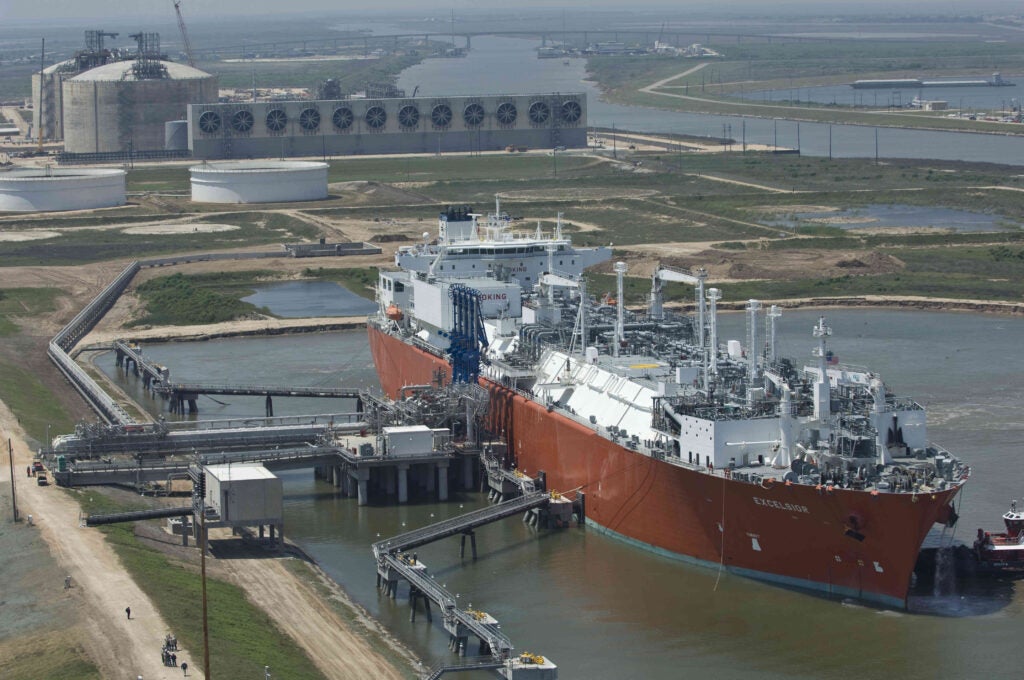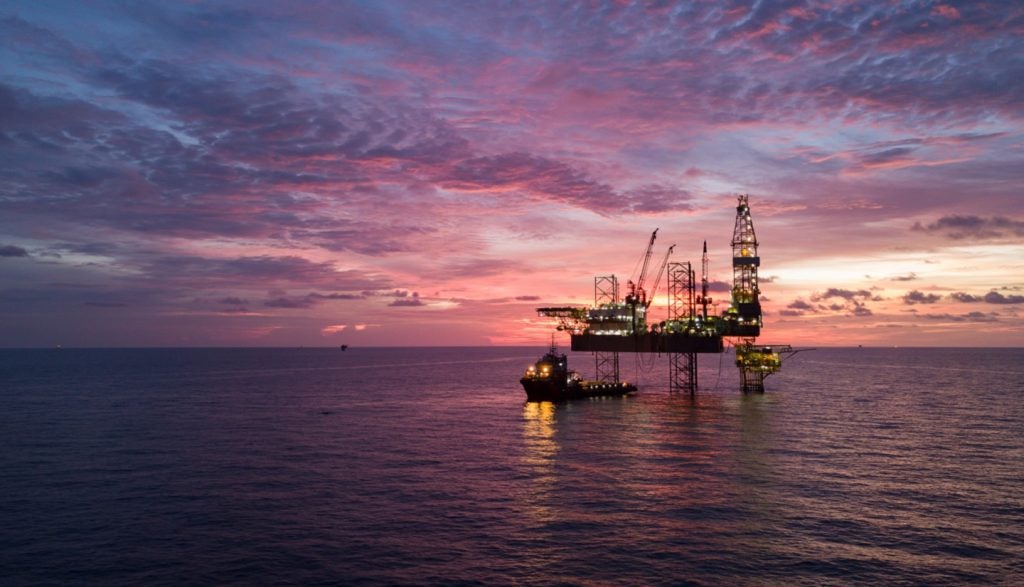Flint Hills Resources operates the Pine Bend coking refinery, which is located in Minnesota, the US. According to GlobalData, who tracks and profiles more than 1,400 refineries worldwide, it is a non integrated coking owned by Hillman Solutions. The refinery started operations in 1955 and has a Nelson Complexity Index (NCI) of 11.13. Buy the profile here.
Upcoming expansion project at Pine Bend coking refinery
Cogeneration Plant II
About Flint Hills Resources
Flint Hills Resources LLC (FHR), a subsidiary of Koch Industries, Inc, is a refining, chemical, and ingredients company. It produces and markets jet fuel, liquefied natural gas, gasoline, diesel, asphalt, petrochemicals, intermediate chemicals, and base oils. The company’s products find application in various industries such as synthetic fibers, agricultural chemicals, packaging, coatings, and appliances and automotive parts. FHR operates refineries in Minnesota and Texas; and petrochemical plant in Corpus Christi, Texas. The company also owns and operates refined product terminals in the US. FHR is headquartered in Wichita, Kansas, the US.
For more details on the Pine Bend coking refinery, buy the profile here.
Premium Insights
From

The gold standard of business intelligence.
Blending expert knowledge with cutting-edge technology, GlobalData’s unrivalled proprietary data will enable you to decode what’s happening in your market. You can make better informed decisions and gain a future-proof advantage over your competitors.





